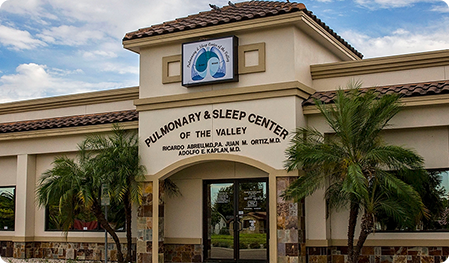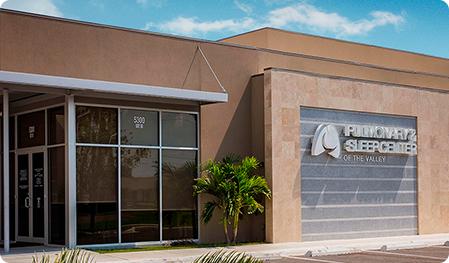How Do You Know If You Have Vocal Cord Dysfunction?
Vocal Cord Dysfunction is often misdiagnosed as asthma. And, though patients often get enough oxygen with VCD, the feeling of not being able to breathe can be distressing.
If you are experiencing symptoms of VCD, you can consult a professional for an evaluation. Often, this evaluation will include certain tests, such as a flow-volume loop. This test examines the flow of air while you breathe. Patients with VCD often experience a flat flow of air when inhaling, due to the closing of the vocal cords. Your doctor may also conduct a laryngoscopy (A camera on a tube that is used to look down your airway) to see what your vocal cords are doing while you breathe in and out and speak.





